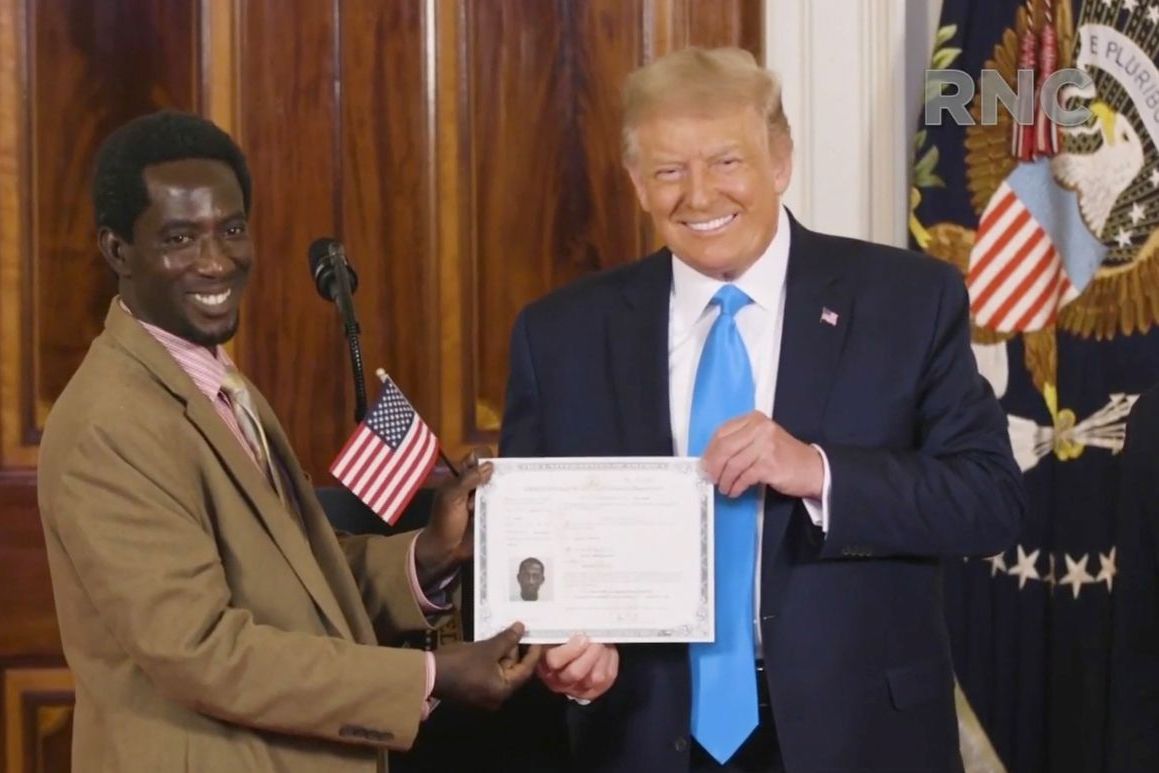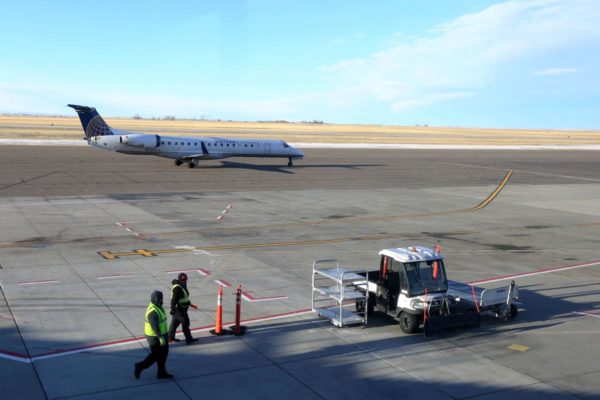Politicians in Iowa storm zone: serving or self-serving?
CEDAR RAPIDS — For politicians running for office — both incumbents and challengers — every move they make is scrutinized and open to partisan interpretation.
Even, perhaps especially, in a disaster.
Since hurricane-force winds whipped across Iowa nearly two weeks ago, officeholders and hopefuls haves shown up in the Cedar Rapids area to survey the damage, assess the needs and, in some cases, roll up their sleeves to help.
While the need for government assistance is obvious, elected officials and candidates have been criticized for not showing up sooner and more often, or for showing up at all, and for where they decide to go and what they do when they get there.
In a no-win situation for politicians, the challenge is “how to strike the balance between political grandstanding — or opportunism — and a genuine desire to help, which also helps you politically,” said University of Iowa political science professor Tim Hagle.
That’s certainly an issue in Iowa’s 1st Congressional District, which includes Linn County, the epicenter of storm damage. Republicans and the campaign of state Rep. Ashley Hinson made an issue of how a campaign ad for her rival, Democratic U.S. Rep. Abby Finkenauer, featured the congresswoman distributing water and flashlights outside her campaign office.
“Iowans were hurting after the storm, but Abby Finkenauer was thinking, ‘How can I use this storm to help my campaign?’” said Jimmy Peacock, campaign manager for Hinson, who is challenging the freshman Finkenauer. “Nothing screams out-of-touch politician more than the idea of shooting a campaign commercial at a storm recovery event.”
The Republican Party of Iowa was harsher, calling the ad from Finkenauer, who has been critical of the response by Republican state and federal officials, “disgraceful, but not surprising.”
“Her ability to turn just about any situation into a partisan political stunt should alarm every Iowan in the 1st District,” said GOP spokesman Aaron Britt.
Finkenauer makes no apology for her actions in the wake of the storm that damaged farms, businesses and homes across the 1st District. Like many in Cedar Rapids, Finkenauer went 10 days without electricity.
“A moment of crisis like we’ve experienced this month isn’t about politics — it’s about service,” she said in a statement. “Beyond my role as a congresswoman, I’m an Iowan who was raised on the values of stepping up for your neighbors and doing what you can where you can. My office continues to advocate on behalf of Iowans and will keep working to get the resources we need.”
In defense of Finkenauer, the Democratic Congressional Campaign Committee noted Hinson also launched an ad after the storm.
In it, Hinson plays “Amazing Grace” on her violin and delivers “an uplifting message reminding Iowans that when we pull together, we can accomplish anything,” Peacock said.
Unlike Finkenauer, who spent the week “securing and delivering generators to Iowans who need them” and demanding action from the Trump administration, Hinson spent the week “posing for political photo-ops, and fiddling away as Iowans struggle to recover from a devastating storm,” DCCC spokeswoman Brooke Goren said. Her statement linked to a photo of Hinson joining Iowa officials in meeting with President Donald Trump to discuss the storm.
Trump came in for plenty of criticism, too. First for not visiting sooner and then, when he did fly into Cedar Rapids, for not leaving the airport grounds where he met with federal, state and local officials, including Hinson.
For Trump, Finkenauer and other Iowa incumbents on the ballot this year, the post-disaster strategy is simple: Avoid blame and take credit, said Megan Goldberg, who teaches political science at Cornell College.
“An elected official wants to claim credit for disaster relief that is effective, while avoiding blame for any mismanagement of disaster relief,” Goldberg said.
And because the disaster assistance process is complex with overlapping authority and responsibility for local, state and federal governments, “elected officials can use messaging strategies to attribute failures to others and claim credit for efforts that weren’t their own,” she said.
Both officeholders and their rivals must decide for themselves if they can credibly claim credit and avoid blame if they show up, Goldberg said.
In Finkenauer’s case, “she doesn’t have the authority to deploy the National Guard or FEMA, but meaningful relief efforts give her the ability to both connect with her constituents in the moment and generate material to demonstrate to them that she played a role in the relief effort as we get closer to the election,” Goldberg said.
Meanwhile, Hinson’s access to the president, although brief, “lets her be part of the Republican credit claiming for any federal response.”
How and when to show up in a natural disaster zone is a “delicate balance, and more so for candidates” than incumbents, added University of Northern Iowa political scientist Chris Larimer.
“The candidates also have a responsibility to show they care for their prospective constituents,” he said. “Avoiding appearances in the aftermath of a disaster would, in my opinion, be considerably worse than showing up.”
Voters are turned off by “overtly political acts,” Larimer said, “but two of the traits voters like to see in a candidate is a sense of compassion and that he or she ‘shares my concerns or interests.’ This may be more difficult for a candidate in a disaster-aftermath situation, but if the act of assisting — filling sandbags or handing out water bottles — is followed by action after the act, I think that gives it more credibility.”
So Finkenauer handed out water bottles and Hinson joined forces with various church and nonprofit groups to prepare meals and feed people — and post links to various groups supporting storm victims.
In the end, Goldberg said, what a candidate or elected officials does might not matter as much as party affiliation “because voters largely attribute blame based on partisanship.”
It’s sad, Hagle agreed, “that even a candidate or official who genuinely wants to visit a site — either to help or to gather information — has to think about how the visit can be spun to his or her political advantage, and how to reply to criticisms of such visits. But that’s the way it often is these days.”











